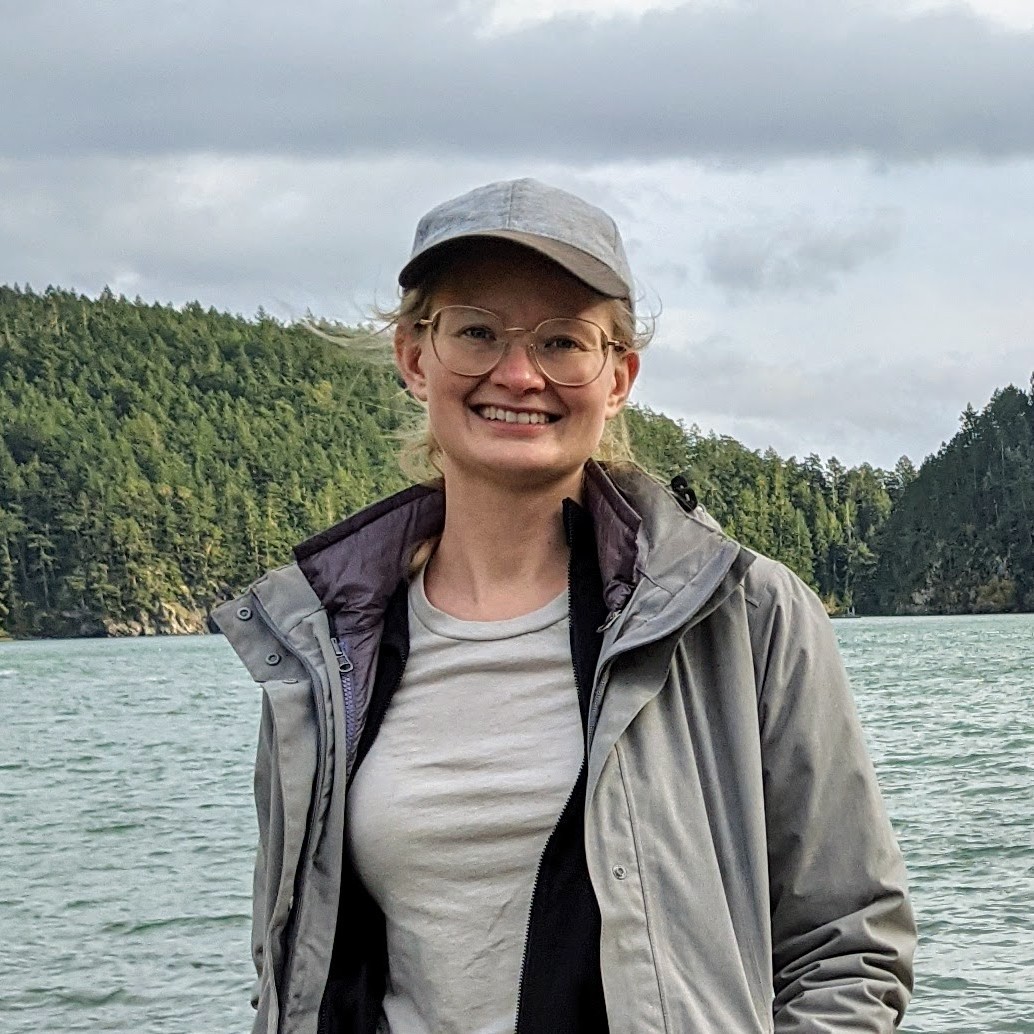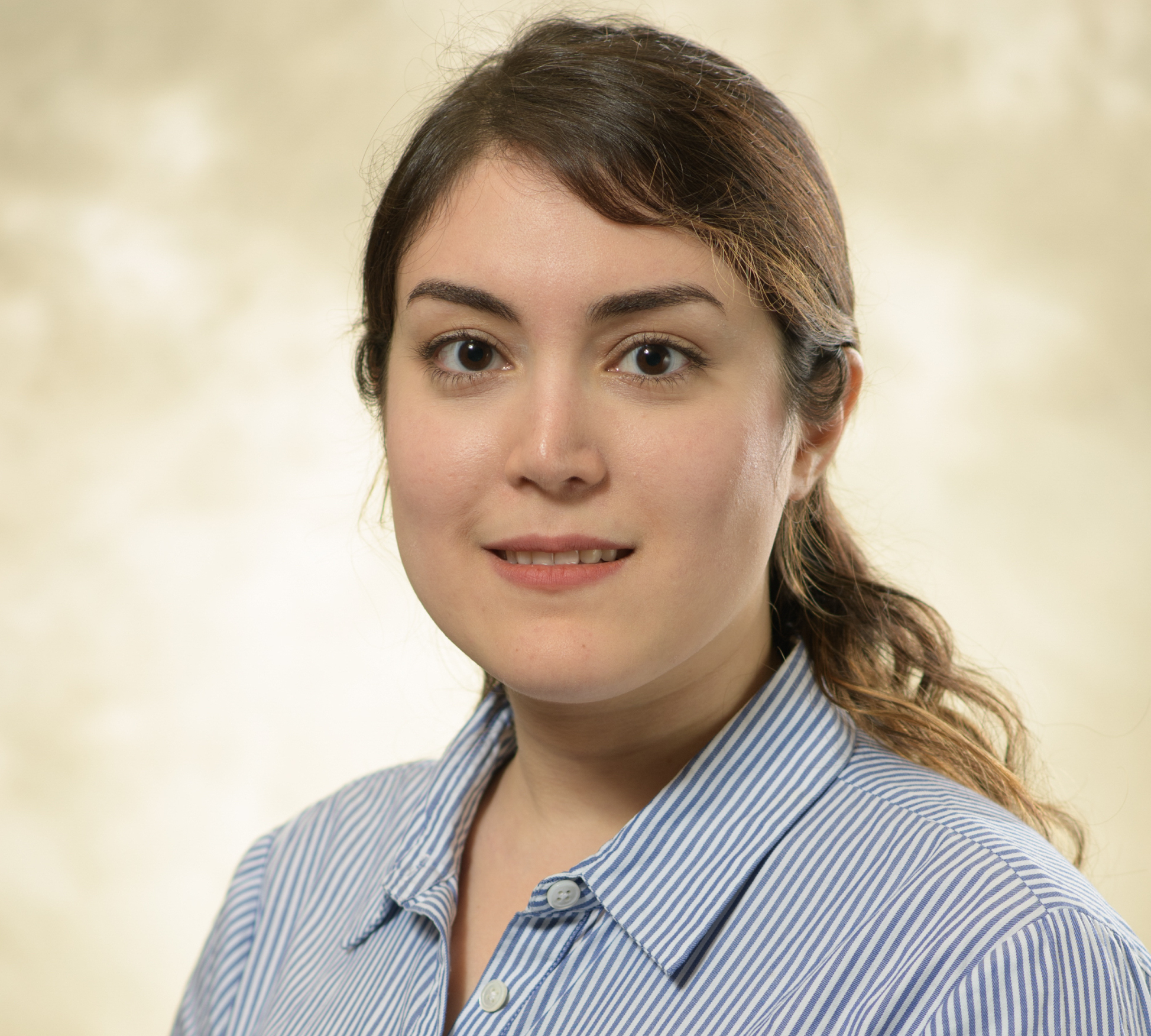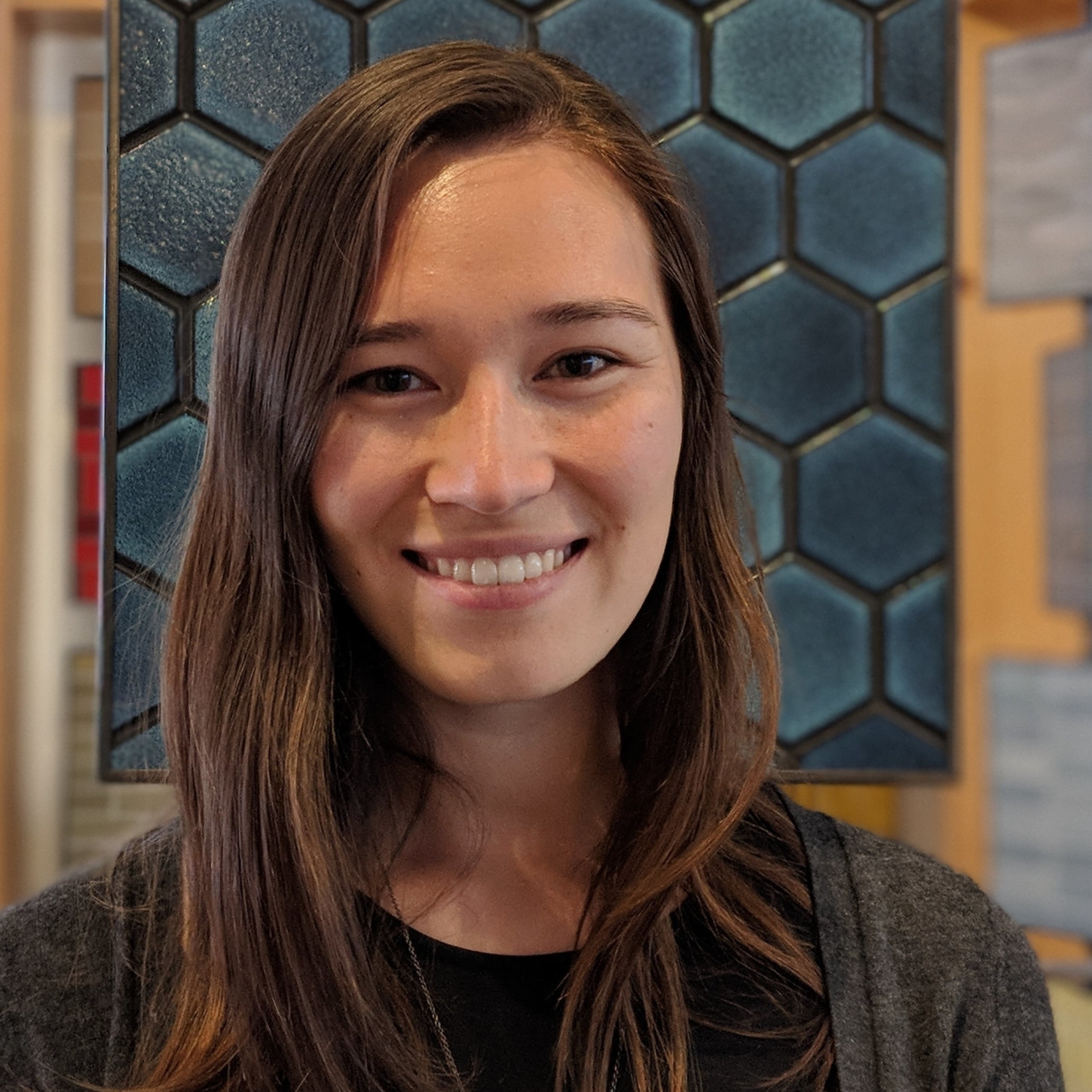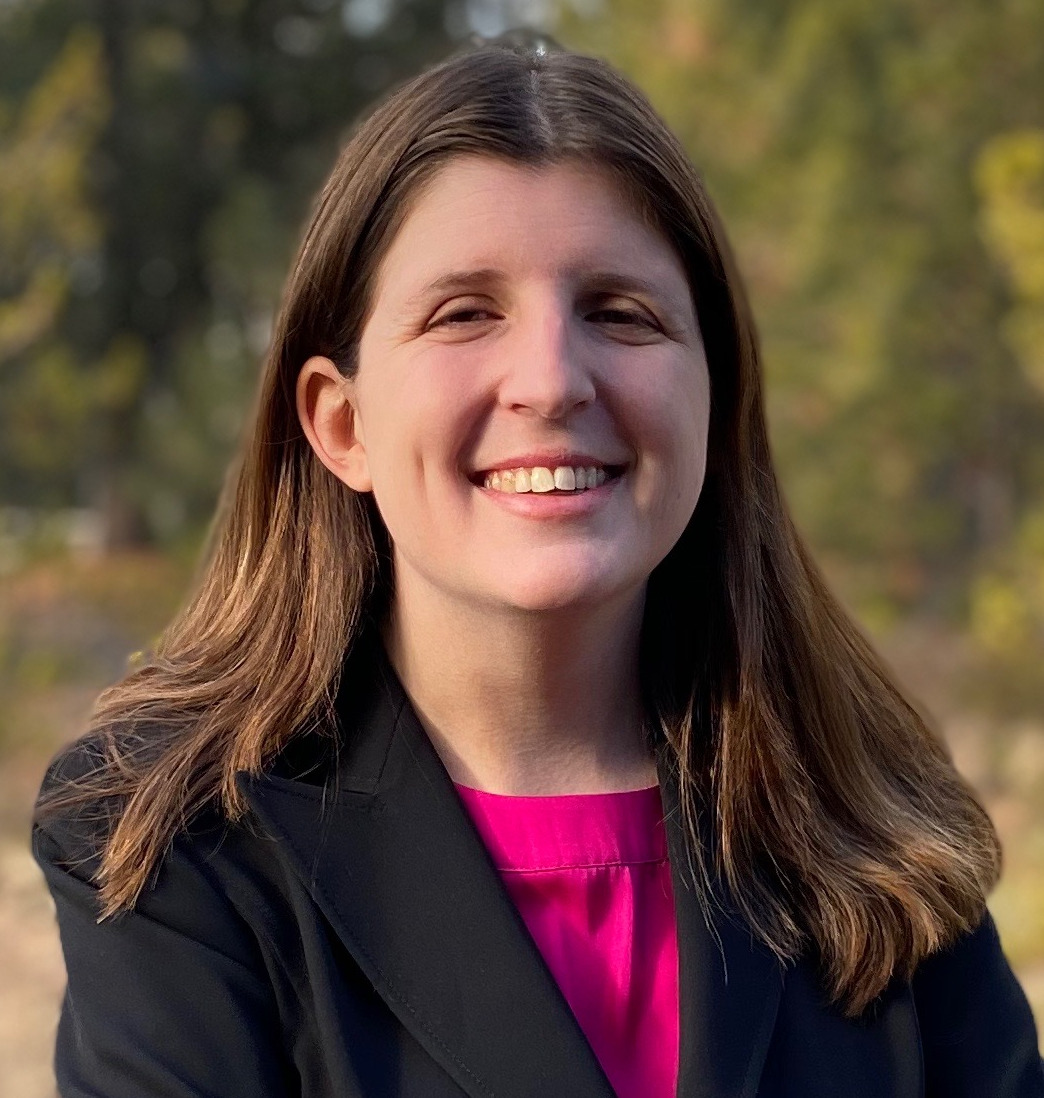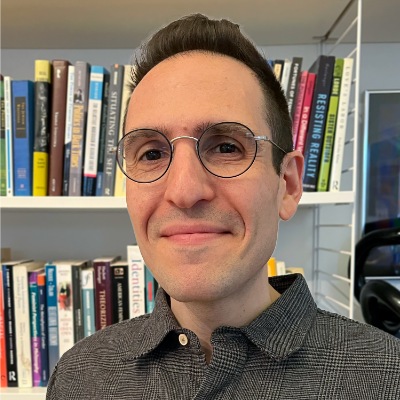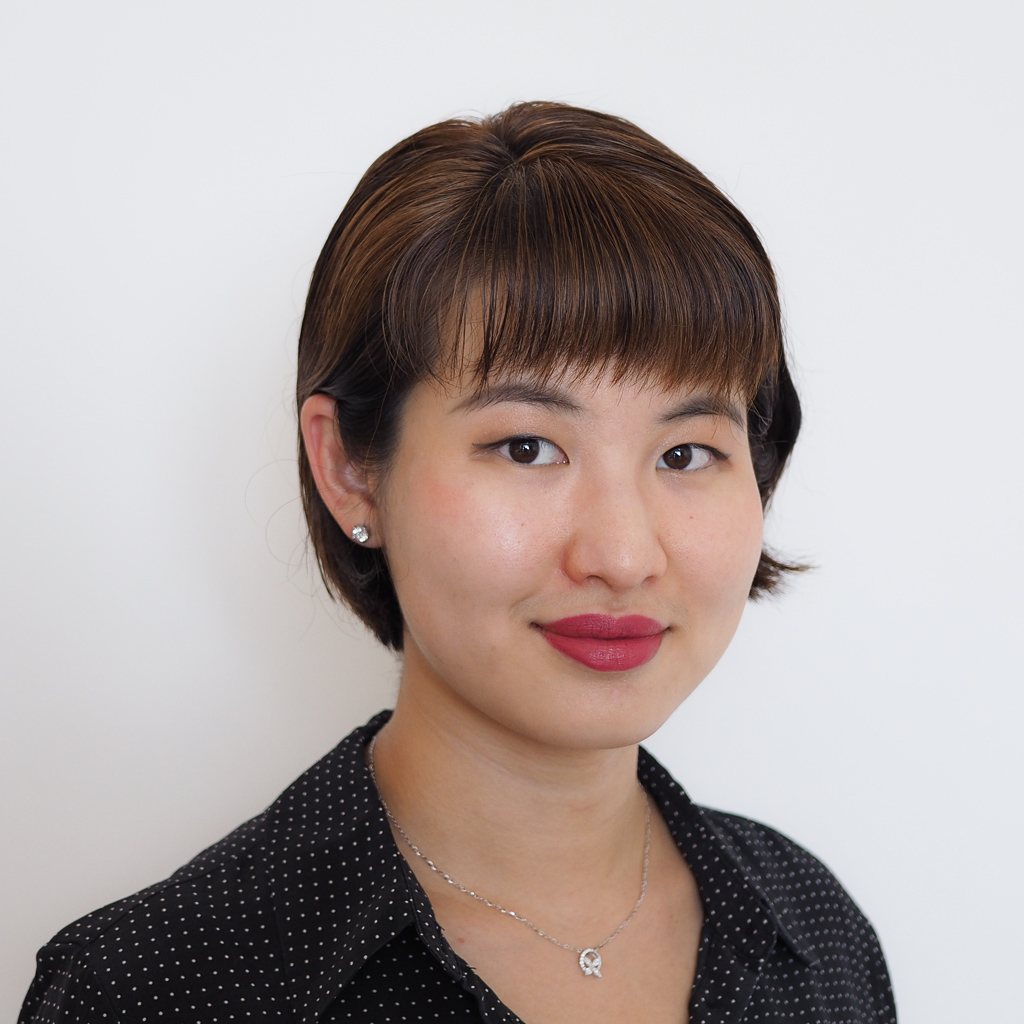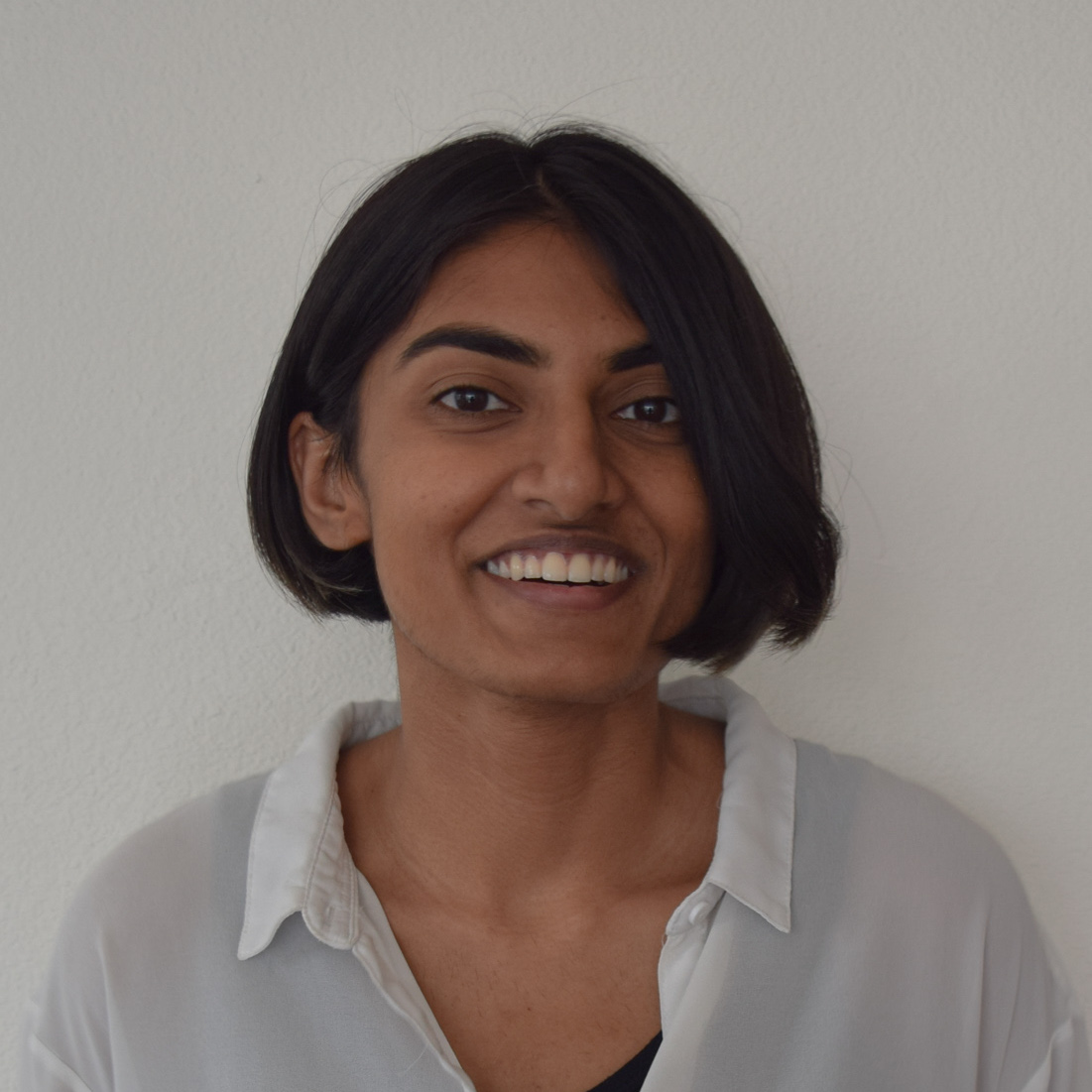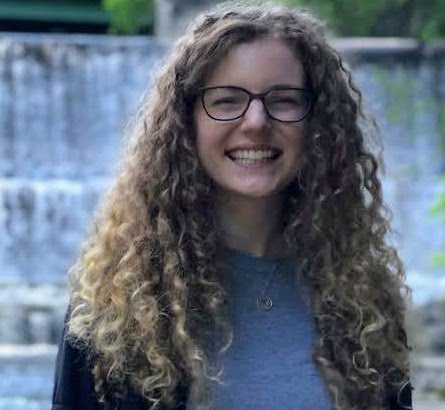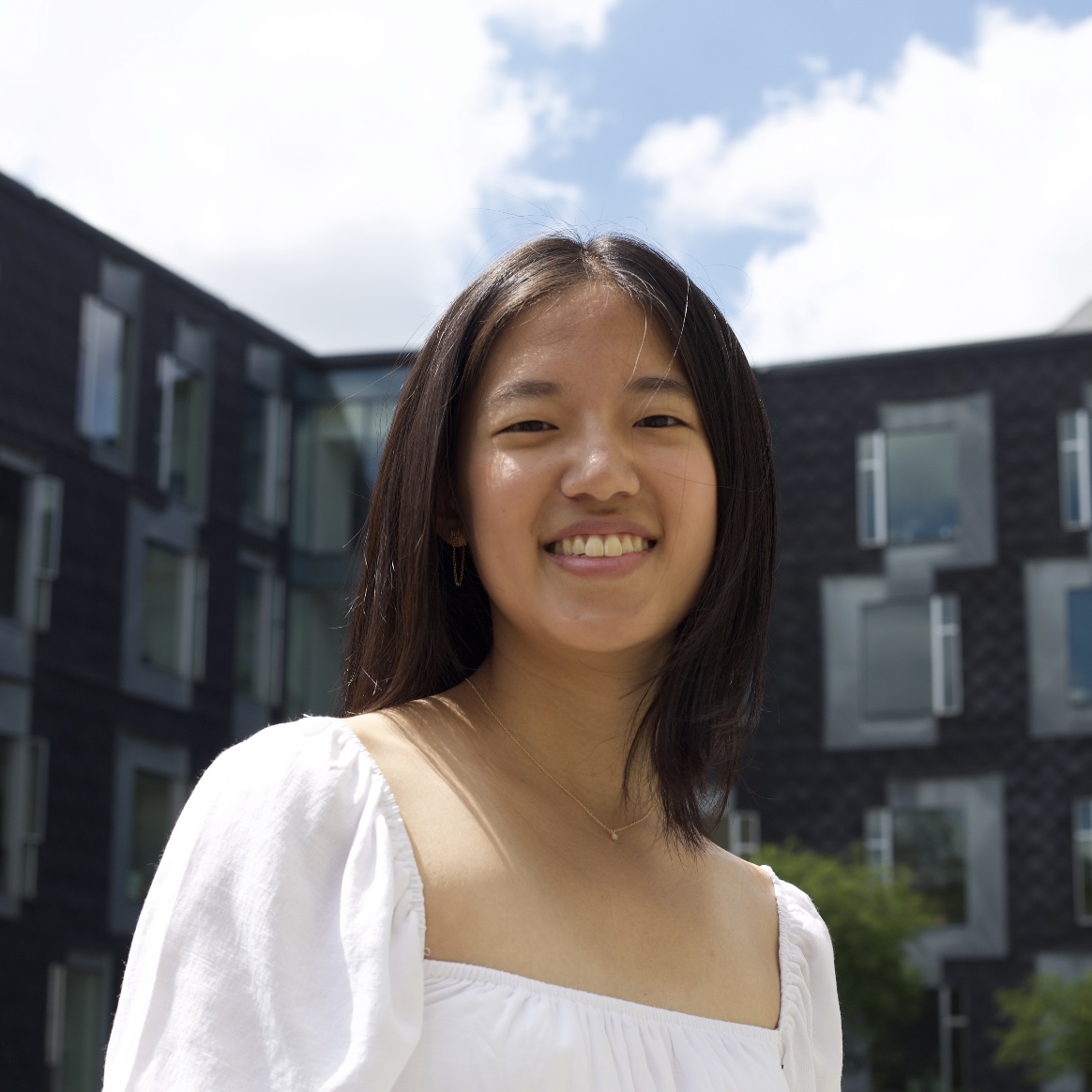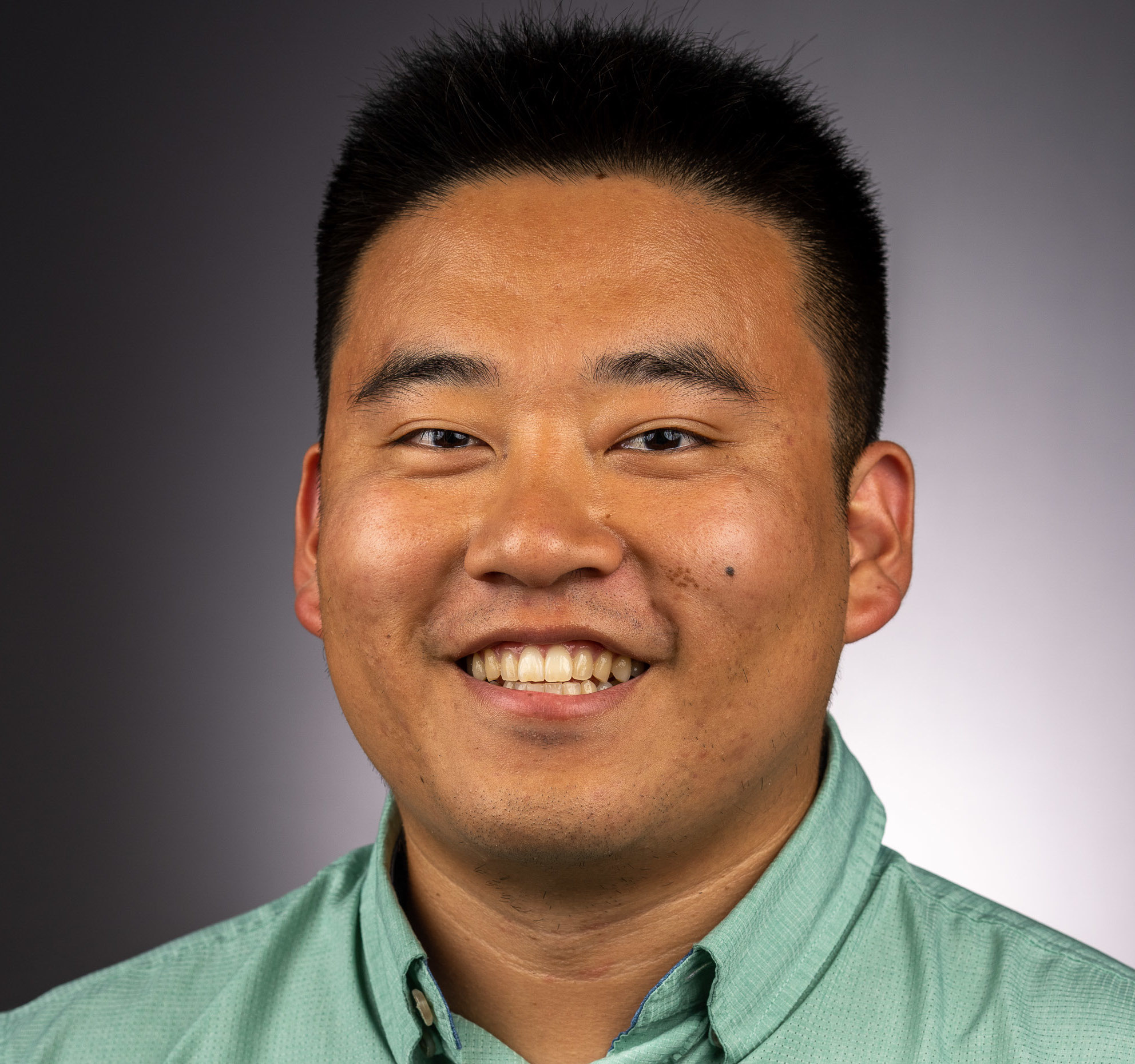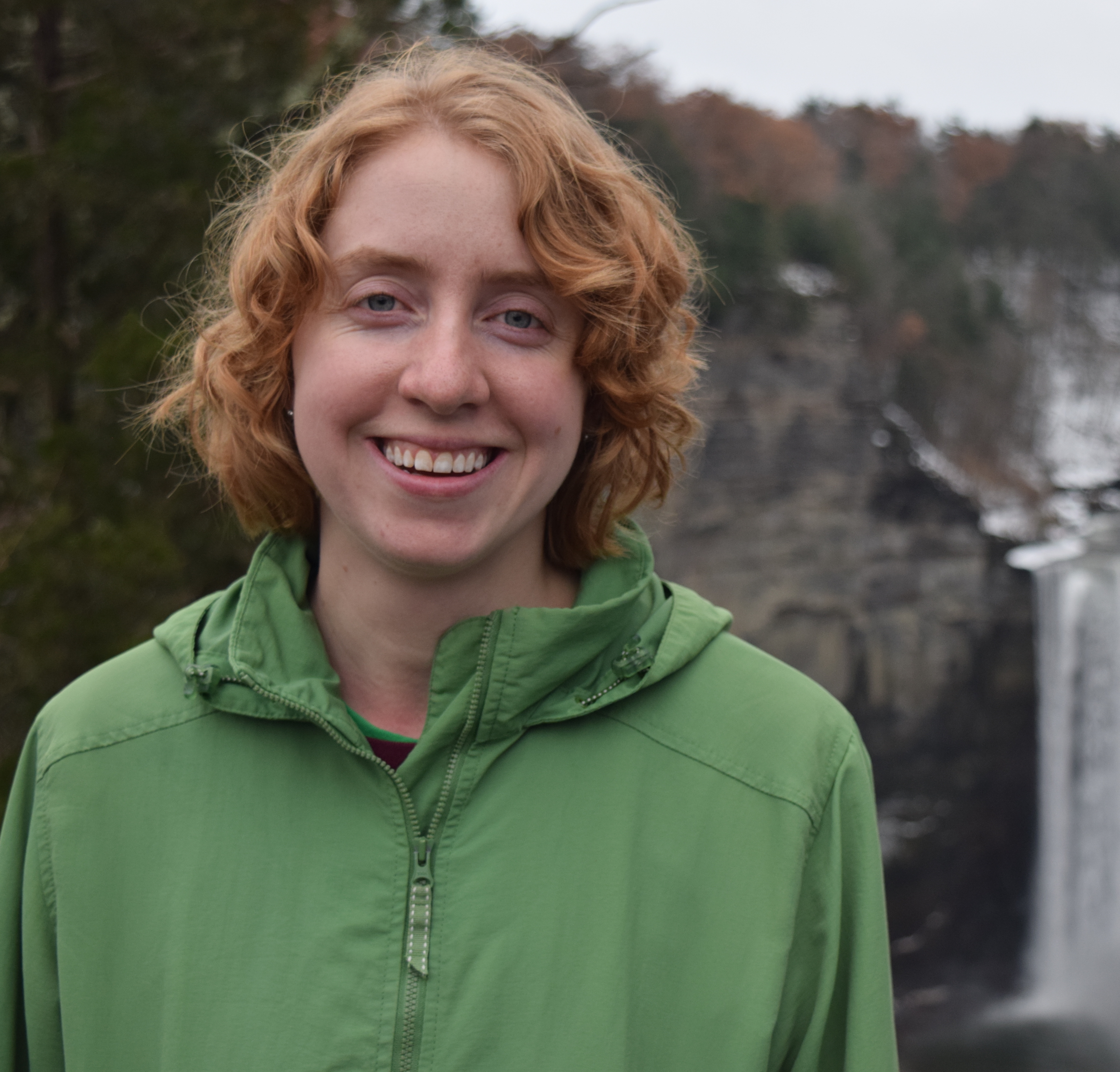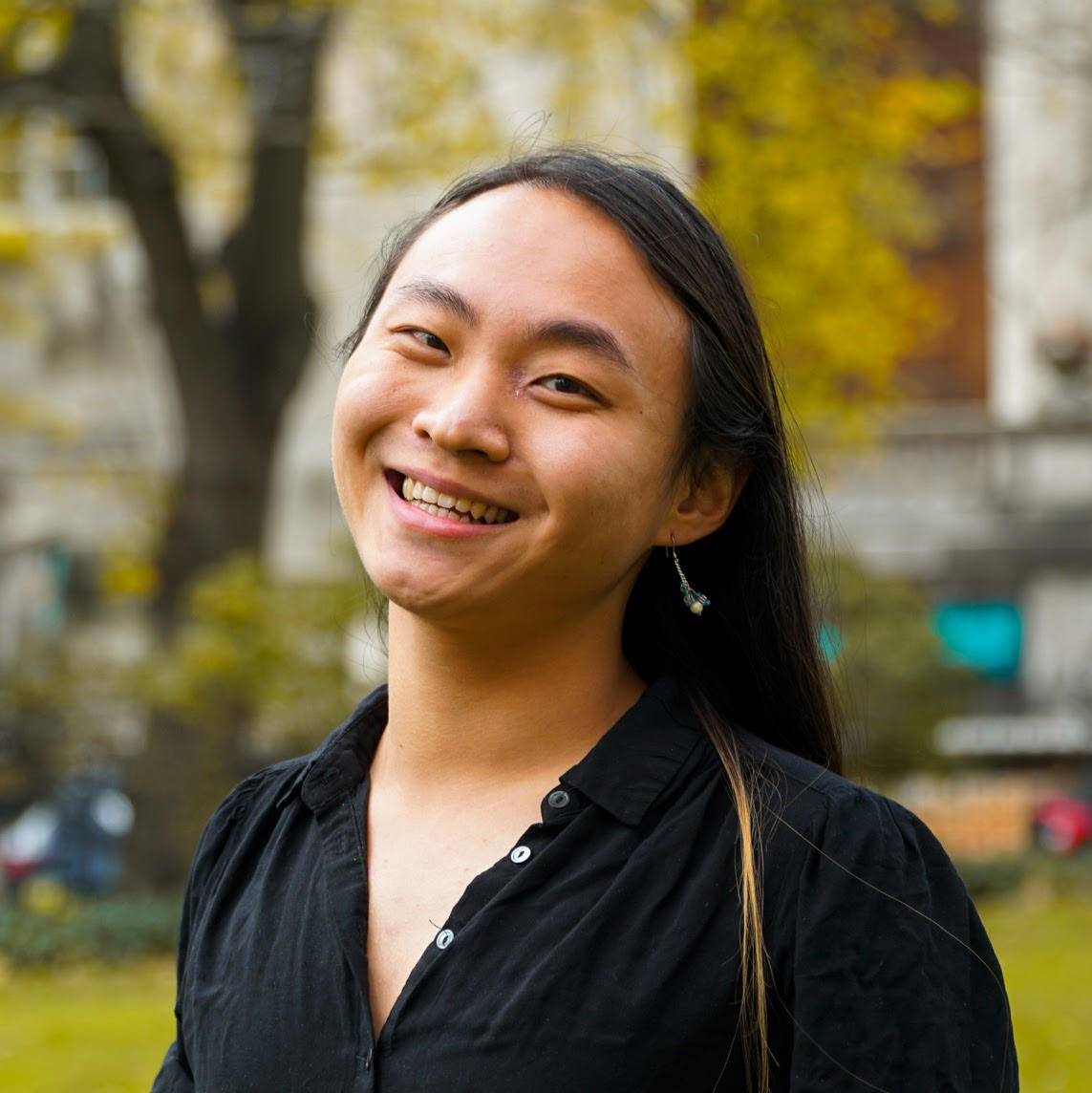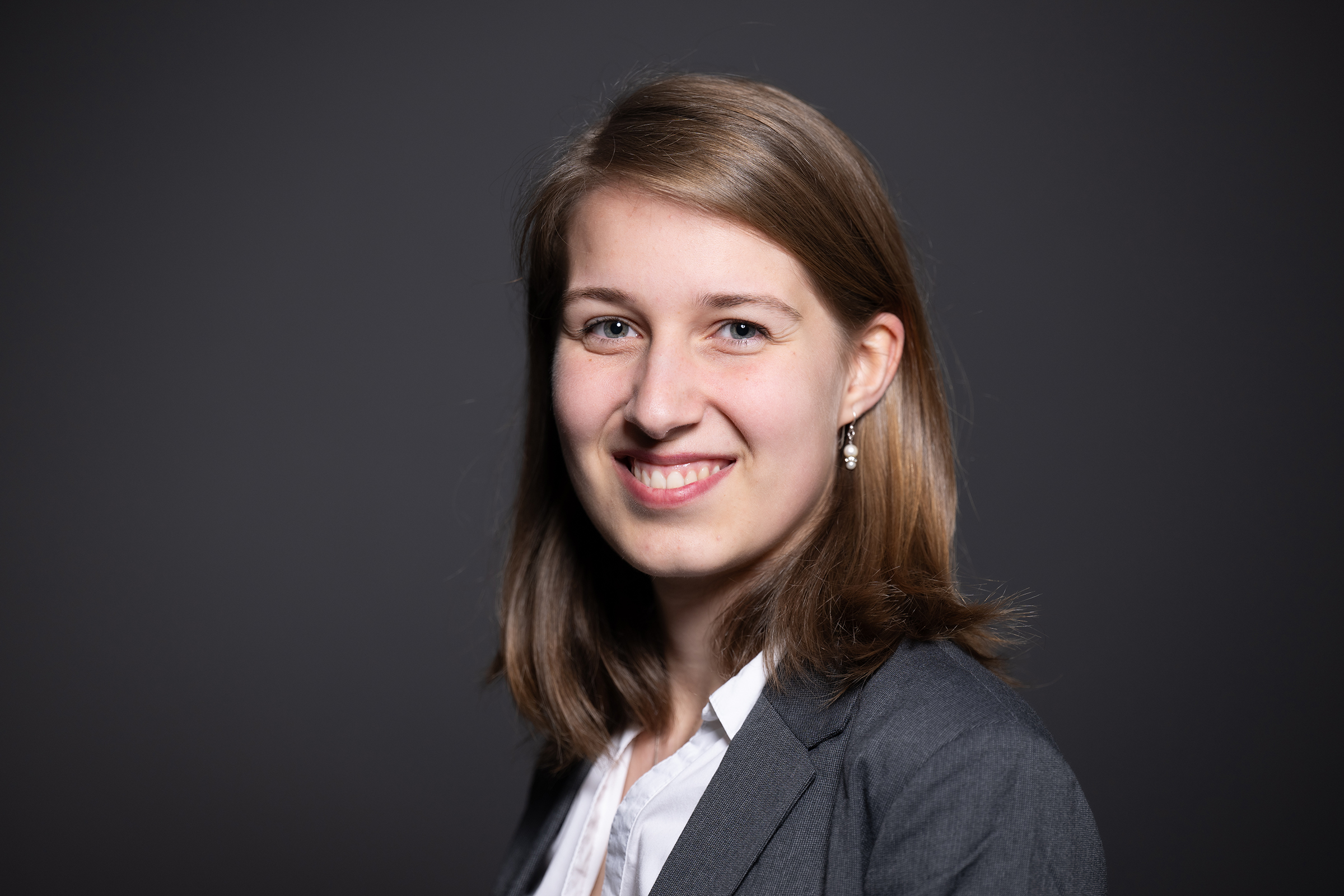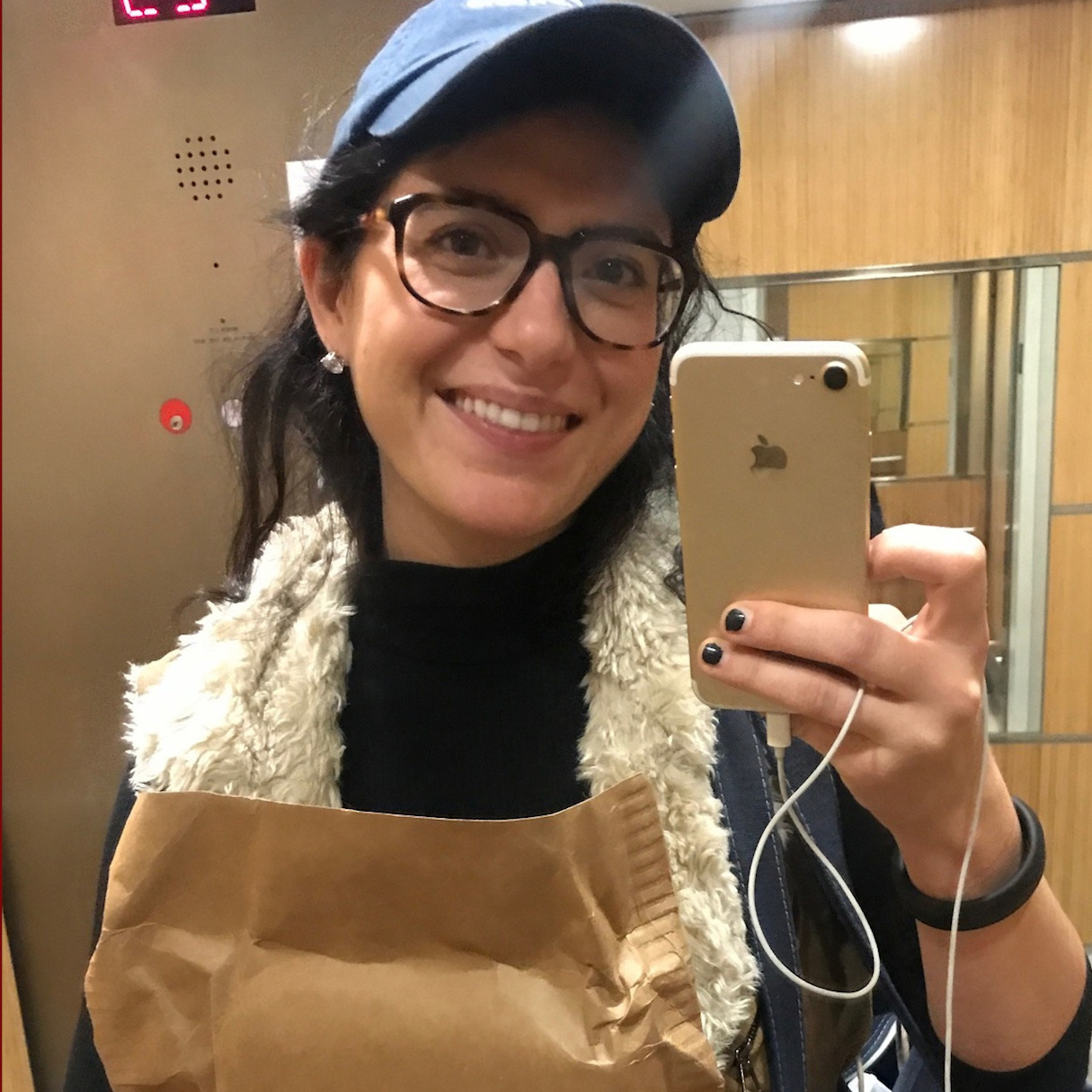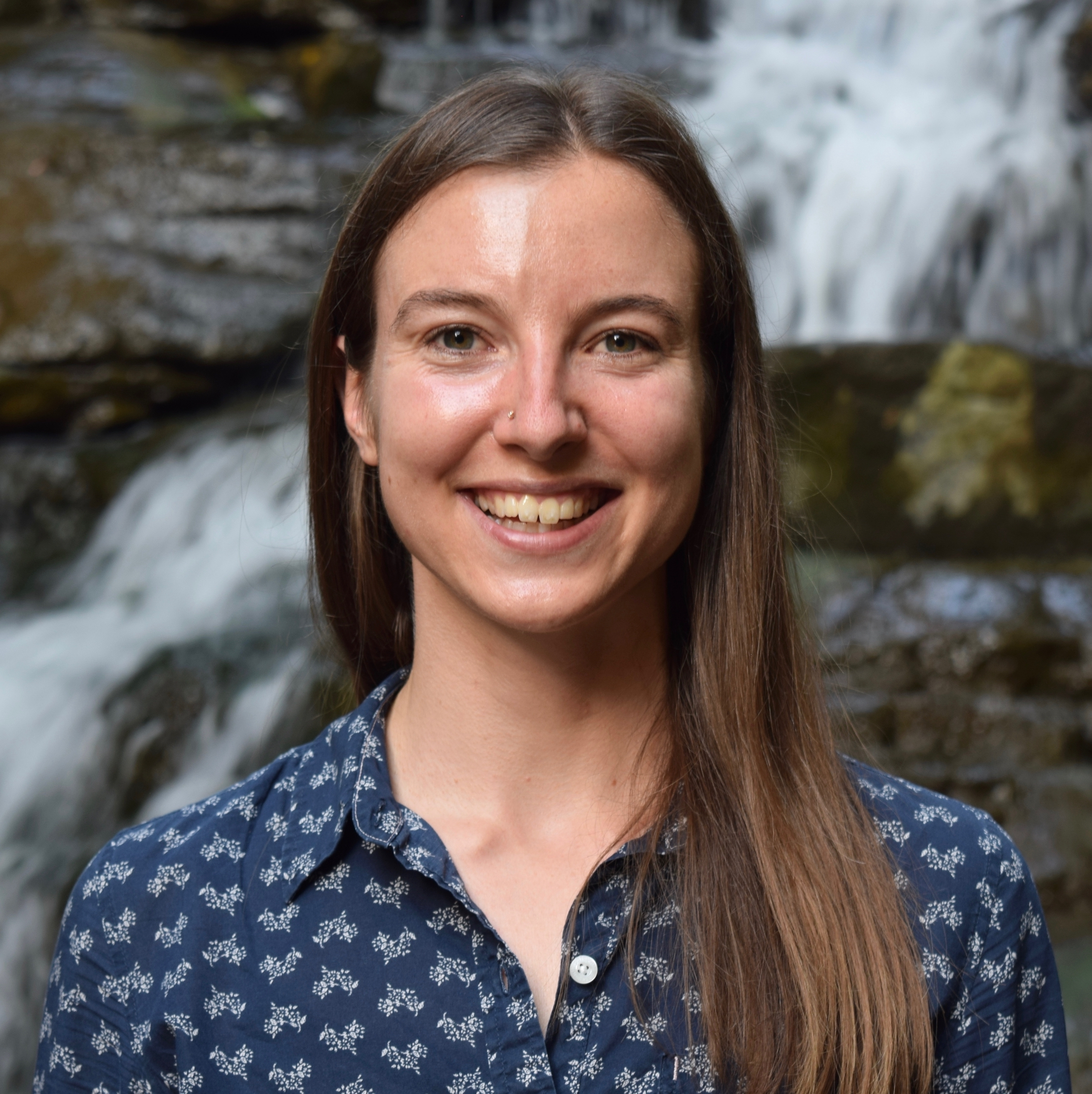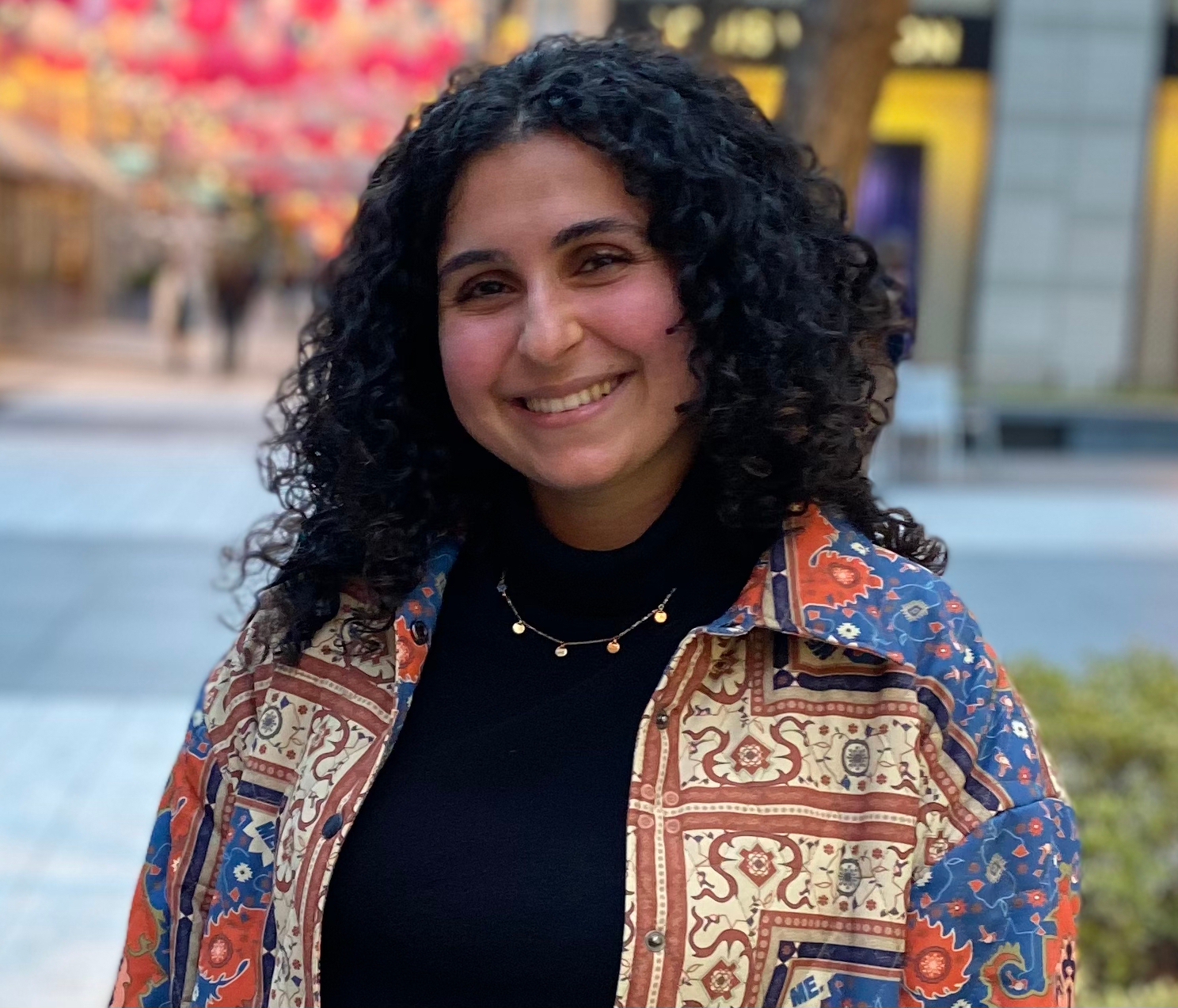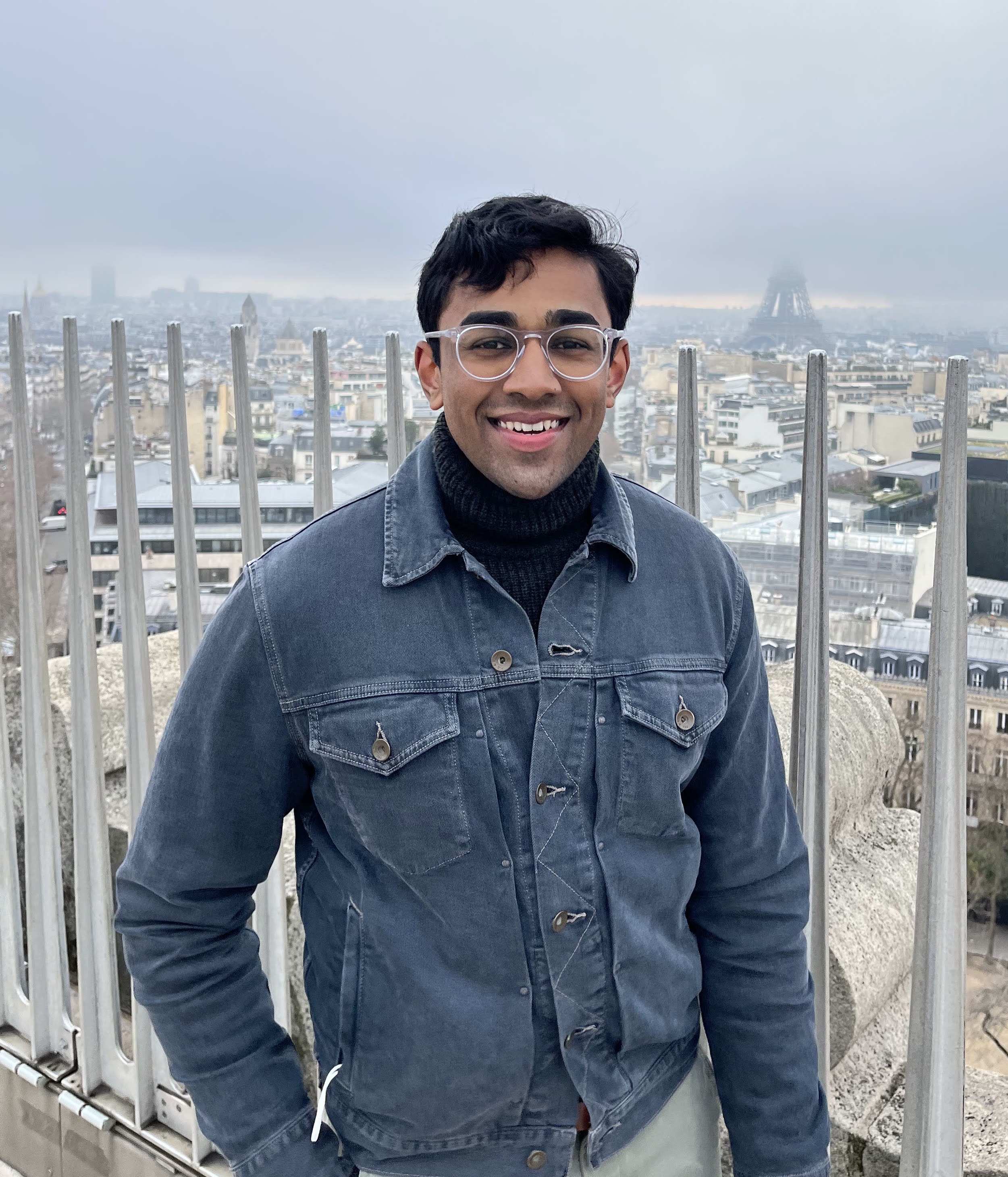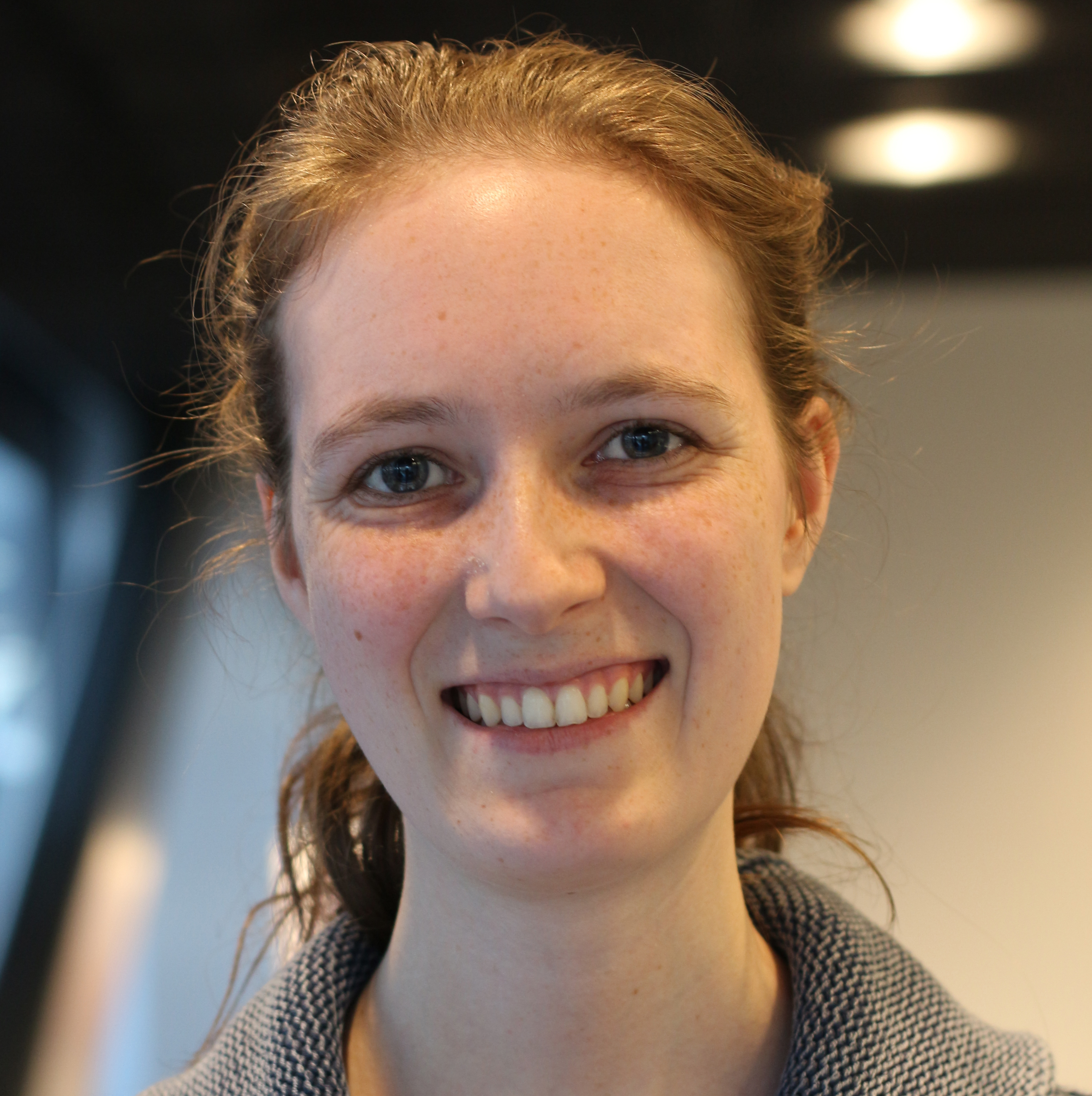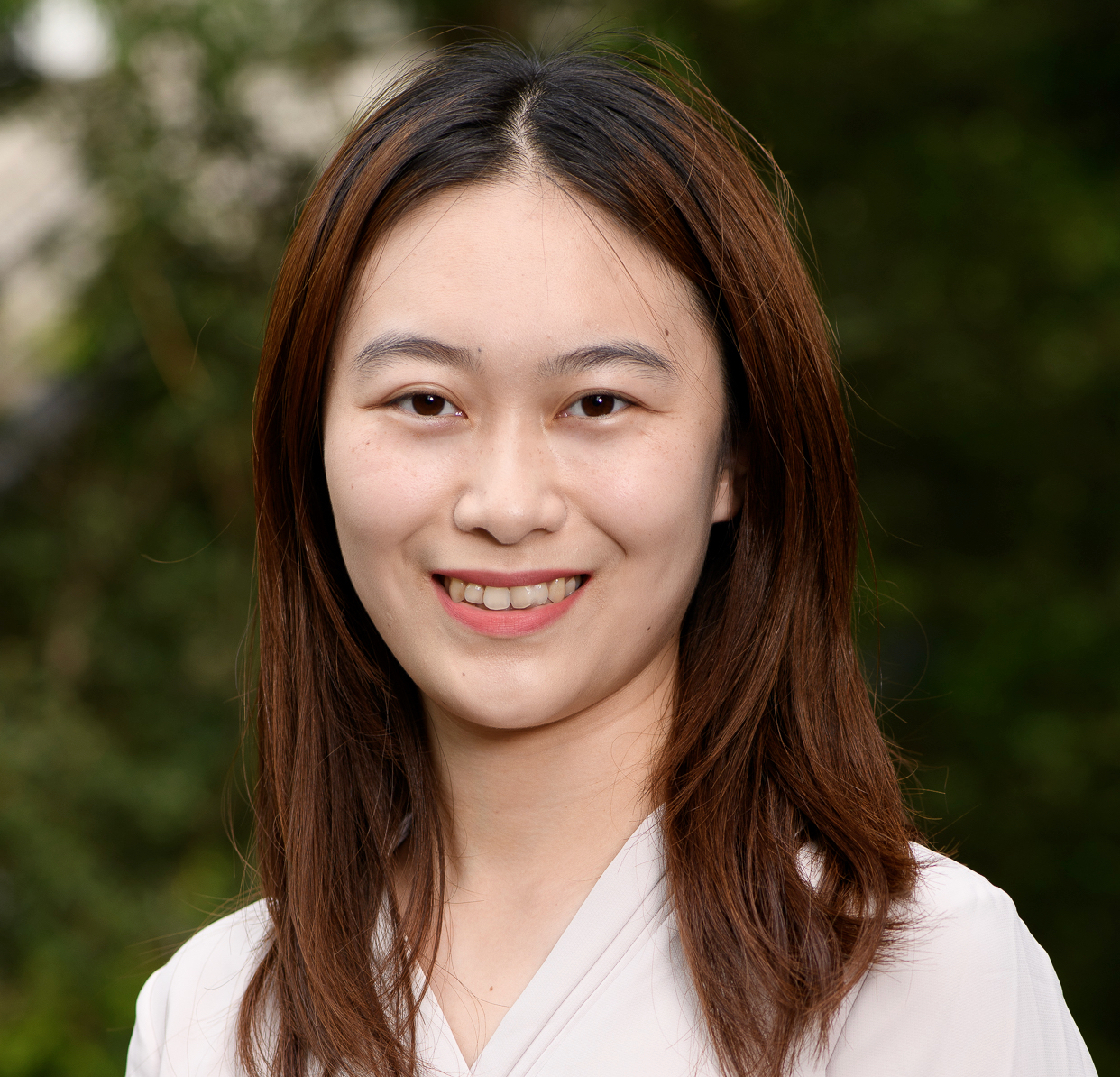Current Members
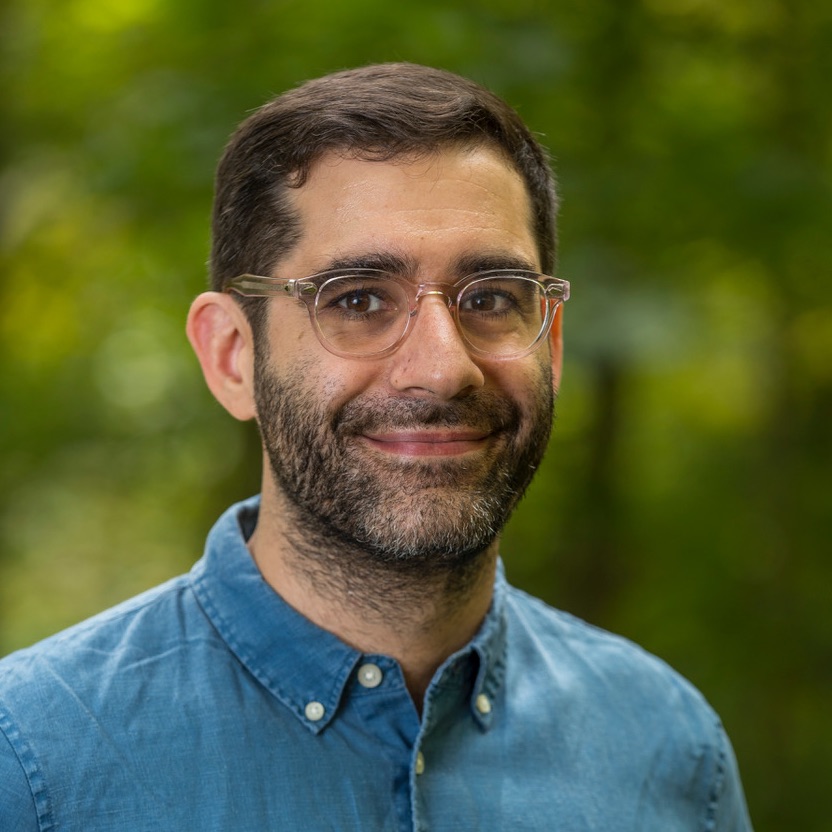
Solon Barocas
Adjunct Assistant Professor; Principal Researcher; AIPP Project PI
Department of Information Science, Cornell University; Microsoft Research
Solon Barocas is a Principal Researcher in the New York City lab of Microsoft Research and an Adjunct Assistant Professor in the Department of Information Science at Cornell University. He is also a Faculty Associate at the Berkman Klein Center for Internet & Society at Harvard University.
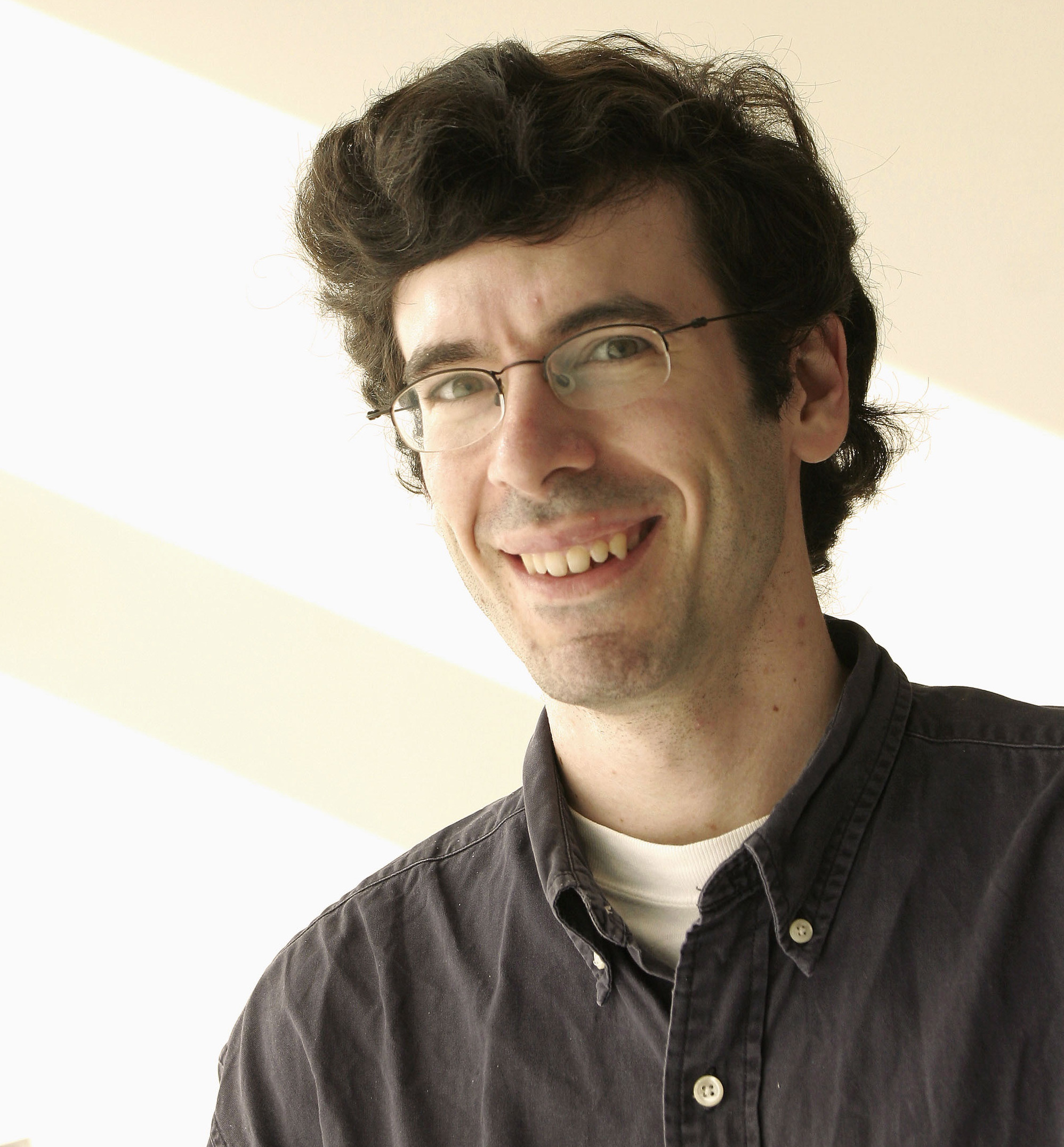
Jon Kleinberg
Professor; AIPP Project PI
Departments of Computer Science and Information Science, Cornell University
Jon Kleinberg is the Tisch University Professor in the Departments of Computer Science and Information Science at Cornell University. His research focuses on the interaction of algorithms and networks, the roles they play in large-scale social and information systems, and their broader societal implications. He is a member of the National Academy of Sciences and National Academy of Engineering, and the recipient of MacArthur, Packard, Simons, Sloan, and Vannevar Bush research fellowships.
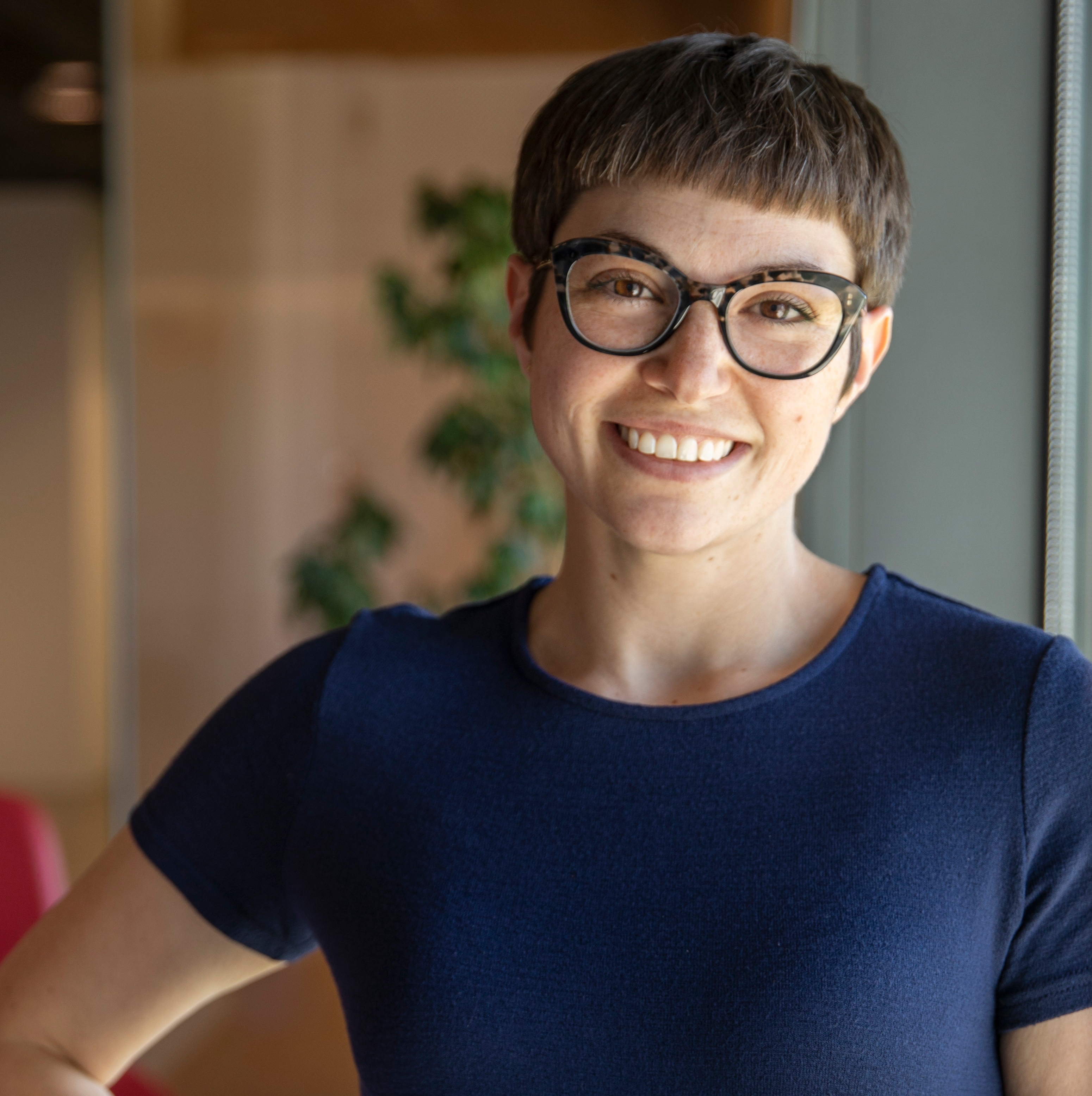
Karen Levy
Associate Professor; AIPP Project PI
Department of Information Science, Cornell University; Associated Faculty, Cornell Law School
Karen Levy is an associate professor in the Department of Information Science at Cornell University and associate faculty at Cornell Law School. Her research examines the legal, social, and ethical dimensions of data-intensive technologies. Levy holds a Ph.D. in Sociology from Princeton University and a J.D. from Indiana University Maurer School of Law.
Helen Nissenbaum is a professor in the Department of Information Science at Cornell Tech. Her research takes an ethical perspective on policy, law, science, and engineering relating to information technology, computing, digital media and data science. Topics have included privacy, trust, accountability, security, and values in technology design. She is the recipient of the 2014 Barwise Prize of the American Philosophical Association.
Sarah Dean is an Assistant Professor in the Computer Science Department at Cornell. She is interested in the interplay between optimization, machine learning, and dynamics. Her research focuses on understanding the fundamentals of data-driven control and decision-making, inspired by applications ranging from robotics to recommendation systems. She received a PhD in Electrical Engineering and Computer Science from UC Berkeley in 2021.
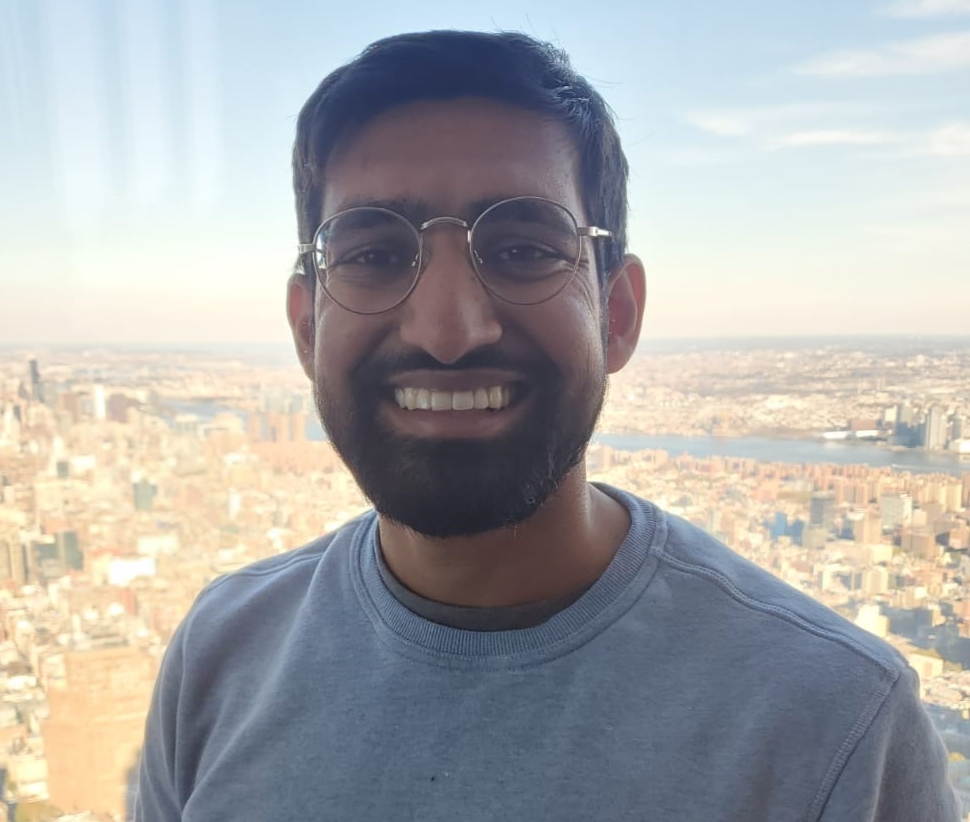
Nikhil Garg
Assistant Professor
Department of Operations Research and Information Engineering, Cornell Tech
Nikhil Garg is an Assistant Professor of Operations Research and Information Engineering at Cornell Tech as part of the Jacobs Technion-Cornell Institute. His research interest is the application of algorithms, data science, and mechanism design to the study of democracy, markets, and societal systems at large. He received his PhD from Stanford University and has spent considerable time in industry – most recently, he was the Principal Data Scientist at PredictWise, which provides election analytics for political campaigns. Nikhil received the INFORMS George Dantzig Dissertation Award and an honorable mention for the ACM SIGecom dissertation award.
Hoda Heidari is currently an Assistant Professor in Machine Learning and Societal Computing at the School of Computer Science, Carnegie Mellon University. Before joining Carnegie Mellon, she was a postdoctoral associate at AIPP. Her research is broadly concerned with the societal and economic aspects of AI. In particular, her recent work has sought to define and mitigate issues of unfairness and inexplicability through ML, utilizing tools and ideas from CS, economics, and political philosophy. Her work in collaboration with AIPP has won a best-paper award at the ACM FAccT Conference and an exemplary track award at the ACM Conference on Economics and Computation (EC). She has organized several academic events on topics related to responsible and trustworthy AI, including a tutorial at the Web Conference (WWW), and several workshops at NeurIPS and ICLR.
Stephen Hilgartner is Frederic J. Whiton Professor of Science & Technology Studies at Cornell University. His research examines the social dimensions and politics of contemporary and emerging science and technology, a theme he has addressed in studies of scientific advice, risk disputes, and control over knowledge and information. Recent books include: Reordering Life: Knowledge and Control in the Genomics Revolution and Science & Democracy: Making Knowledge and Making Power in the Biosciences and Beyond. Relevant work includes research on knowledge-control regimes and a current study examining how those building machine learning systems conceptualize ethical and policy issues.
Allison Koenecke is an assistant professor of information science at Cornell University. Her research interests lie broadly at the intersection of economics and computer science, and her projects focus on fairness in algorithmic systems and causal inference in public health. She is regularly quoted as an expert on racial disparities in automated speech-to-text systems. Koenecke holds a PhD in Computational & Mathematical Engineering from Stanford University.
Emma Pierson is an assistant professor of computer science at the Jacobs Technion-Cornell Institute at Cornell Tech and the Technion, and a computer science field member at Cornell University. She develops data science and machine learning methods to study inequality and healthcare. Her work has been recognized by a Rhodes Scholarship, Hertz Fellowship, Rising Star in EECS, MIT Technology Review 35 Innovators Under 35, and Forbes 30 Under 30 in Science. She has written for The New York Times, FiveThirtyEight, The Atlantic, The Washington Post, Wired, and various other publications.
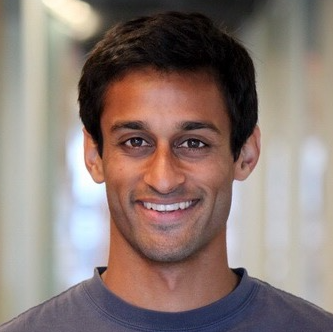
Manish Raghavan
Postdoctoral Fellow; Incoming Assistant Professor
Harvard University; MIT EECS and the Sloan School of Management
Manish is a recent Cornell PhD graduate studying the societal implications of algorithmic decision-making. His research draws upon connections to economics, law, and policy to better understand the impacts that computation has on society.
Daniel Susser is an associate professor of information science at Cornell. His research brings philosophical tools to bear on problems in technology governance, exploring normative issues raised by new and emerging data-driven technologies, and clarifying conceptual issues that stand in the way of addressing them through law and politics. He has broad interests in technology ethics and policy, philosophy of technology, and science and technology studies, especially critical questions about data, privacy, and the ethics of automation.
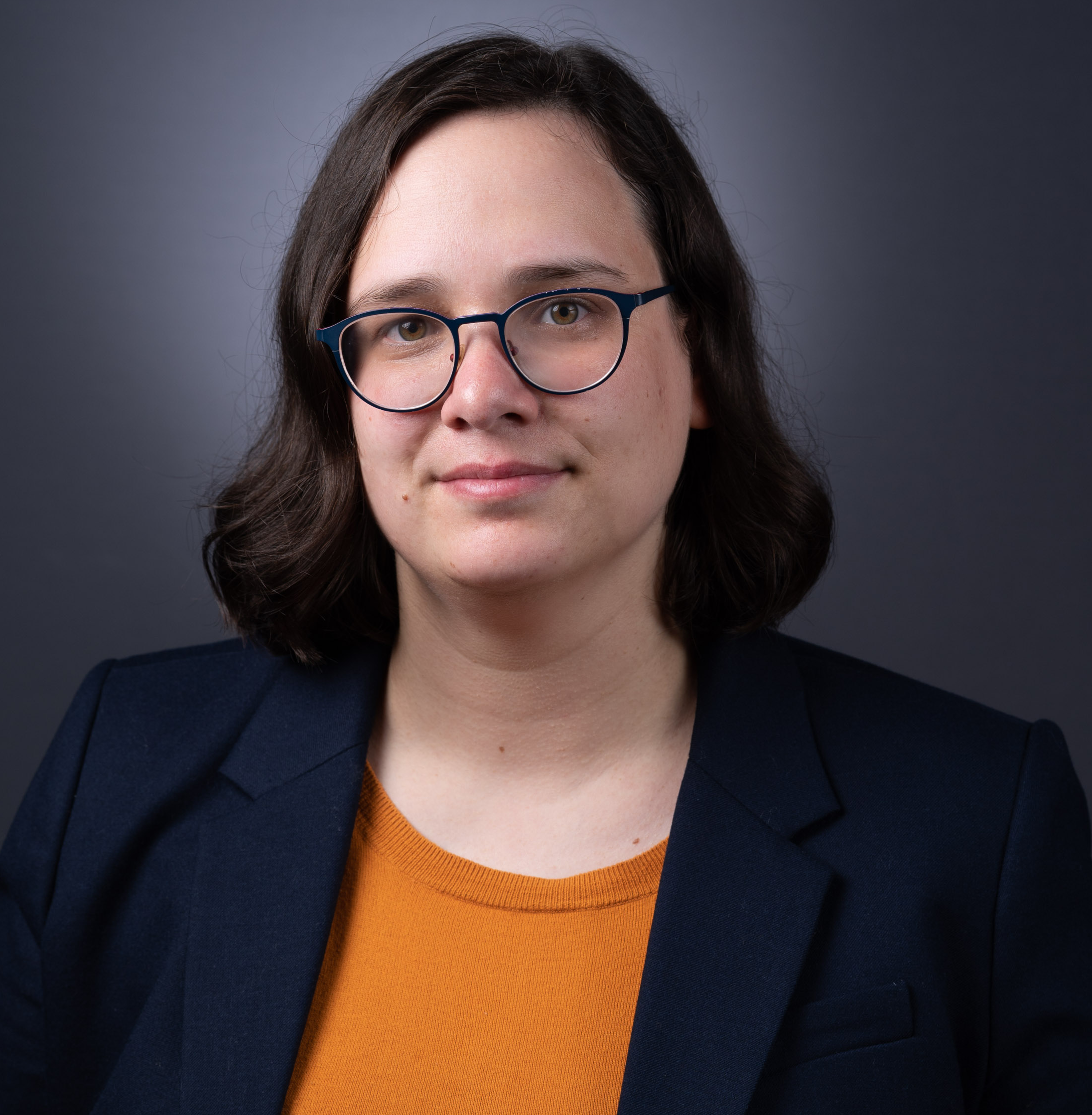
Gili Vidan
Assistant Professor
Department of Information Science, Cornell University
Gili Vidan is an assistant professor in the Department of Information Science at the Cornell Bowers College of Computing and Information Science. She is a historian of information technology and Science and Technology Studies (STS) researcher. Her work examines how trust is established both in digital technologies and through digital mediation and how notions of authenticity, knowability, and good governance are implicated in the making of new digital objects. Her book project, “Technologies of Trust,” traces technical attempts to solve the problems of trust and authentication in late 20th- and early 21st-century US.
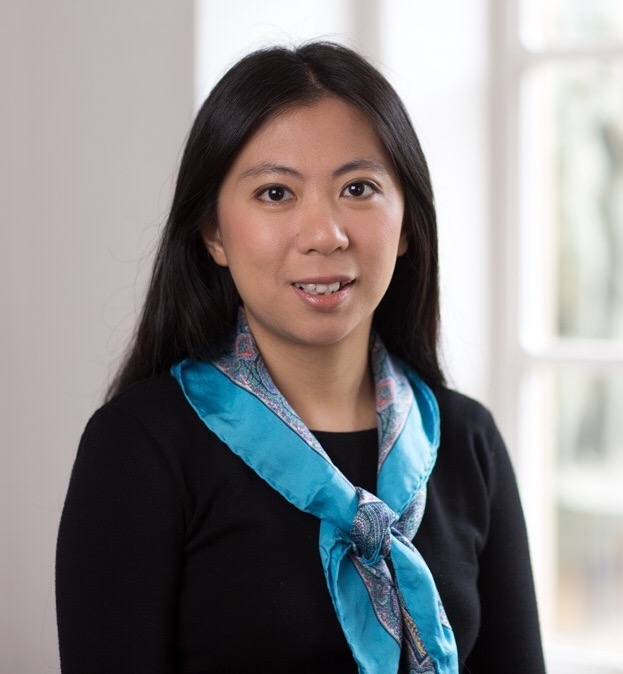
Baobao Zhang
Assistant Professor
Maxwell School of Citizenship and Public Affairs, Syracuse University
Baobao is currently the Klarman Postdoctoral Fellow in the Cornell Society of Fellows. At Cornell, she is based in the Department of Government; she has a secondary affiliation with the Department of Information Science. In Fall 2021, she will start as an assistant professor of Political Science at the Maxwell School of Citizenship and Public Affairs at Syracuse University. She is also a research affiliate with the Centre for the Governance of AI at the University of Oxford and a CIFAR Azrieli Global Scholar. Her current research focuses on trust in digital technology and the governance of artificial intelligence (AI).
Malte Ziewitz is Assistant Professor at the Department of Science & Technology Studies at Cornell University. An ethnographer and sociologist, he studies the changing role of governance and regulation in, of, and through digitally networked environments. His recent work looks at the use of patient feedback in the British hospitals, the search engine optimization industry, and people’s attempts to repair a broken credit score. At Cornell, he directs the Digital Due Process Clinic, a clinical research program that helps ordinary people to cope with, understand, and challenge automated scoring systems.
Lydia’s research examines the theoretical foundations of machine learning and algorithmic decision-making, with a focus on societal impact and human welfare. Her work approaches questions of algorithmic impact from an multidisciplinary perspective, drawing upon statistics, political philosophy, economics and education research. The recipient of a Best Paper Award at the International Conference on Machine Learning, a Microsoft Ada Lovelace Fellowship, and an Open Philanthropy AI Fellowship, she obtained her Ph.D. in Electrical Engineering and Computer Sciences from the University of California, Berkeley. Before joining Princeton as an assistant professor of computer science, she was a postdoctoral researcher in AIPP at Cornell.
Smitha is currently a PhD candidate in EECS at UC Berkeley, advised by Anca Dragan and Moritz Hardt. Their research focuses on learning value-aligned objectives for machine learning systems, especially in the recommender system setting. Their work is supported by the NSF GRFP and Open Philanthropy AI fellowship.
Dan Bateyko is a PhD student in the Department of Information Science at Cornell University, advised by Karen Levy. Dan studies artificial intelligence and legal actors. His work has been recognized by an Institute for Law and AI Fellowship, a Google Public Policy Fellowship, an Internet Law & Policy Foundry Fellowship, and a Thomas J. Watson Fellowship. He received his M.L.T. from Georgetown University Law Center and his B.A. from Middlebury College.
Katy Blumer is a PhD student in the Department of Computer Science at Cornell University, advised by Jon Kleinberg. She is interested generally in machine learning understanding. Before Cornell, Katy worked on machine learning for retinal imaging at Google. She has a bachelor’s degree in physics from NYU Abu Dhabi.
Erica is a PhD student in Computer Science at Cornell University. She is interested in developing algorithms and machine learning methods to understand and address societal issues such as systemic inequities, market inefficiencies, and group dynamics. She graduated from Carnegie Mellon with a bachelor’s degree in Computer Science and concentration in Human-Computer Interaction in 2023.
Jerry is a Ph.D. student in Computer Science at Cornell University. He is interested in making machine learning work for practitioners, especially in the areas of recommendation safety and deep learning compression. His work is guided by collaborations with industry and scientific partners.
Kate is a 5th year CS PhD candidate at Cornell, advised by Jon Kleinberg. She works on algorithmic problems relating to the societal impact of AI such as fairness, human/AI collaboration and game-theoretic models of distributed learning.
Evan is a PhD student in the Department of Computer Science at Cornell University, supported by an NSF GRFP award. They study the technical representation and quantification of complex social processes and concepts, such as race and gender identity, in data and algorithmic systems. Prior to their graduate studies, Evan worked on electoral campaign data science and infrastructure for the labor movement at the AFL-CIO, and graduated from Brown University.
Sophie Greenwood is a first-year PhD student at Cornell, where she works with Nikhil Garg and Jon Kleinberg. Her research studies the use and design of algorithmic systems; she is particularly interested in social and societal factors such as interpretability, fairness, and human behavior. She graduated from the University of British Columbia with a bachelor’s degree in mathematics and computer science in 2023.
Margot Hanley is a Ph.D. student in Information Science at Cornell Tech, as well as a Doctoral Fellow at the Digital Life Initiative and she is advised by Helen Nissenbaum. Her research is motivated by normative questions surrounding the design, development, and use of computational systems, especially those which use machine learning and other data-driven techniques, and how they may threaten or limit human autonomy, agency, and expression. Margot holds a B.A. from Oberlin College in Economics and an M.A from Columbia University in Sociology.
Emma is a PhD student in the Department of Information Science at Cornell University, where she is advised by Allison Koenecke and Rene Kizilcec. She is interested in practical and interdisciplinary approaches for assessing and improving the fairness of sociotechnical systems, particularly through the lens of algorithm auditing. She holds a BA in Computer Science and Philosophy, Politics, & Economics from the University of Pennsylvania.
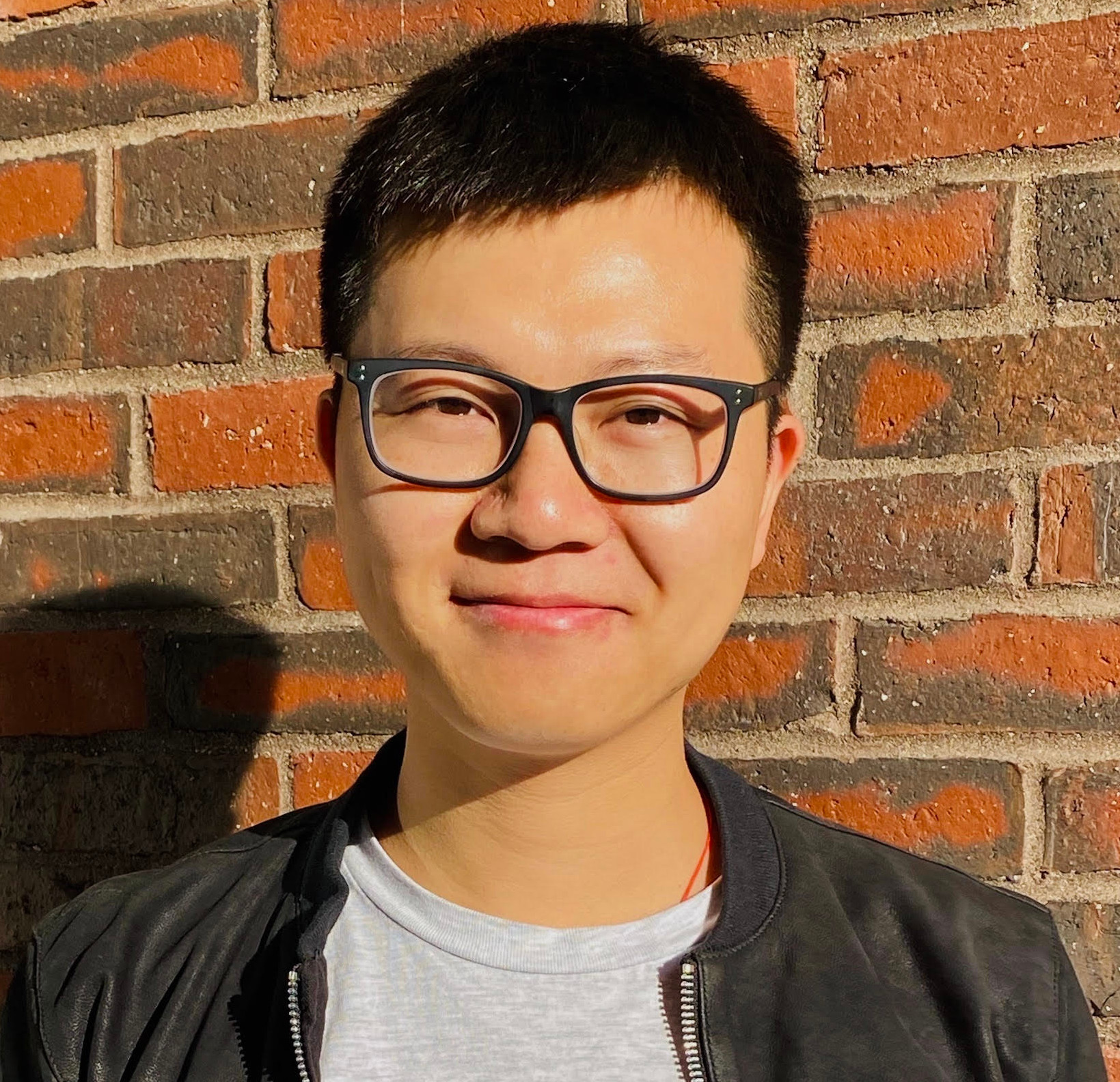
Wanheng Hu
PhD Student
Department of Science and Technology Studies
Wanheng Hu is a PhD candidate in Science and Technology Studies at Cornell University. His doctoral research is broadly situated at the intersection of the sociology of expertise, medical sociology, critical data/algorithm studies, and development studies. His dissertation project ethnographically examines the cultivation of credible machine learning (ML) systems in expert fields, with an empirical focus on ML products for image-based diagnostics in the Chinese medical AI industry. The project is supported by the National Science Foundation and China Times Cultural Foundation, among others.
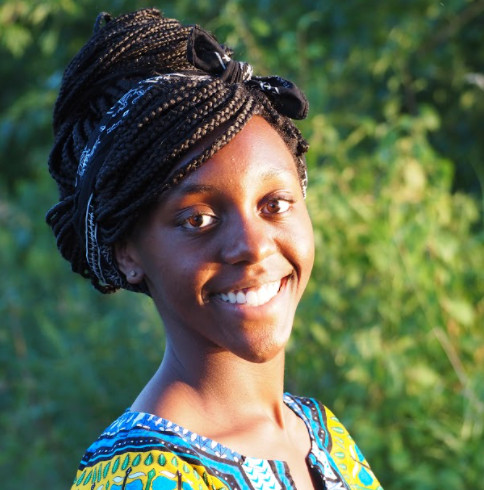
Kowe Kadoma
PhD Student
Department of Information Science, Cornell University
Kowe is a Ph.D. student in the Department of Information Science at Cornell University. Her research interests lie in the intersection of human computer interaction (HCI) and natural language processing (NLP). Kowe explores the perception, use, and fairness of language technologies. She graduated from Florida A&M University, where she studied Computer Engineering. Her work is supported by a GEM Fellowship.
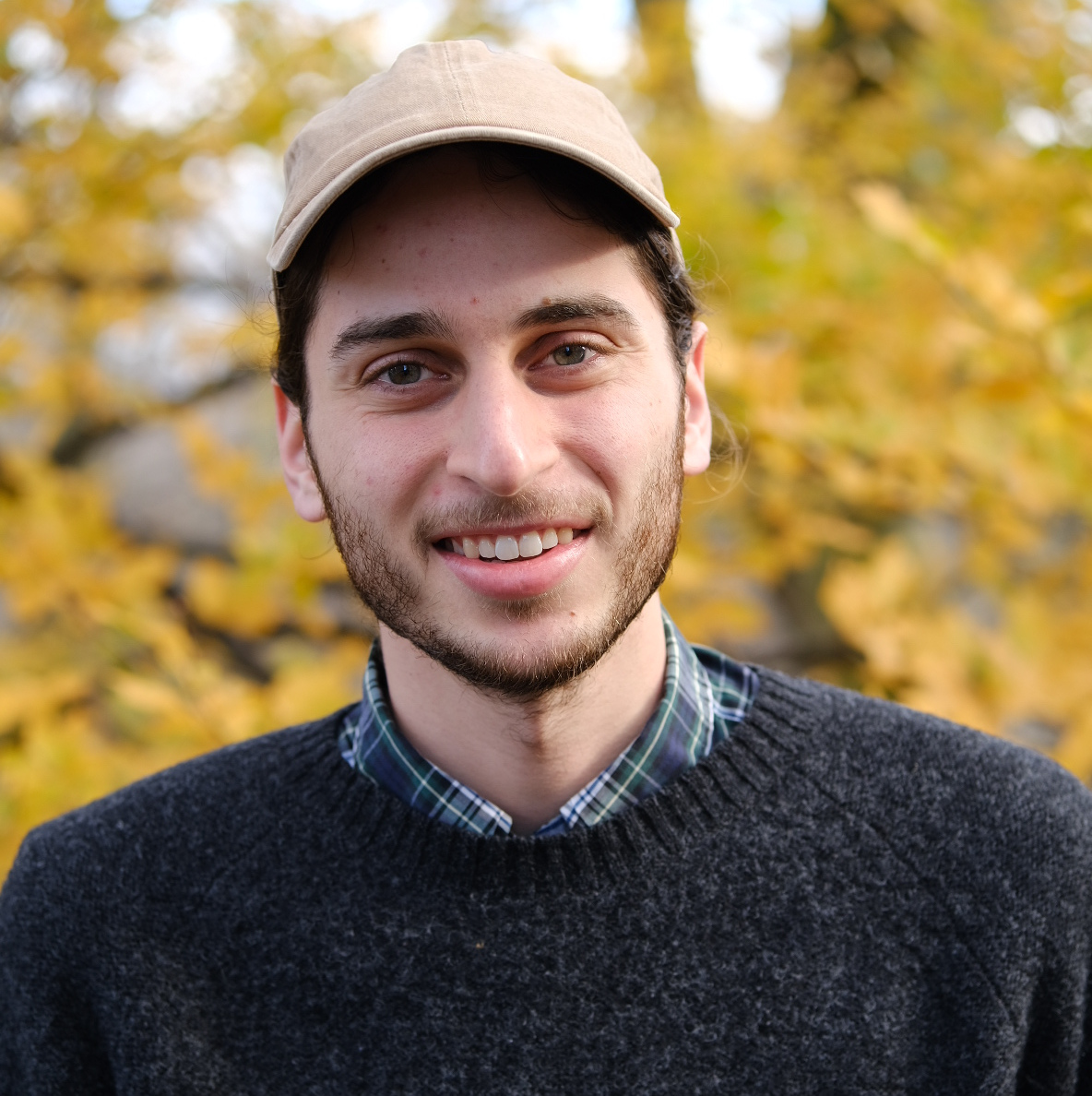
Benjamin Laufer
PhD Student
Department of Information Science, Cornell Tech
Ben is a PhD student in the Department of Information Science at Cornell University. He is interested in leveraging computational methods to evaluate decision-making processes in the public realm. Prior to joining Cornell, Ben worked as a data scientist at Lime, where he applied machine learning to urban mobility decisions. He graduated from Princeton Unviersity, where he studied Operations Research and Financial Engineering.
Michela Meister is a PhD student in the Department of Computer Science at Cornell University, advised by Jon Kleinberg. Her main interests are in algorithms, network science, and machine learning. Her work is supported by an NDSEG fellowship.
Pegah is a PhD student in the Department of Information Science at Cornell University. Her research interests lie in technology and labor, with a focus on how AI-driven automation affects workers. Her work is supported by an NSF GRFP award.
Raj is a PhD student in Computer Science at Cornell Tech. He’s interested in the social implications of machine learning systems, especially algorithms involving health and/or language data. As an undergrad, he studied Computer Science at MIT, with minors in Women’s and Gender Studies and Biology.
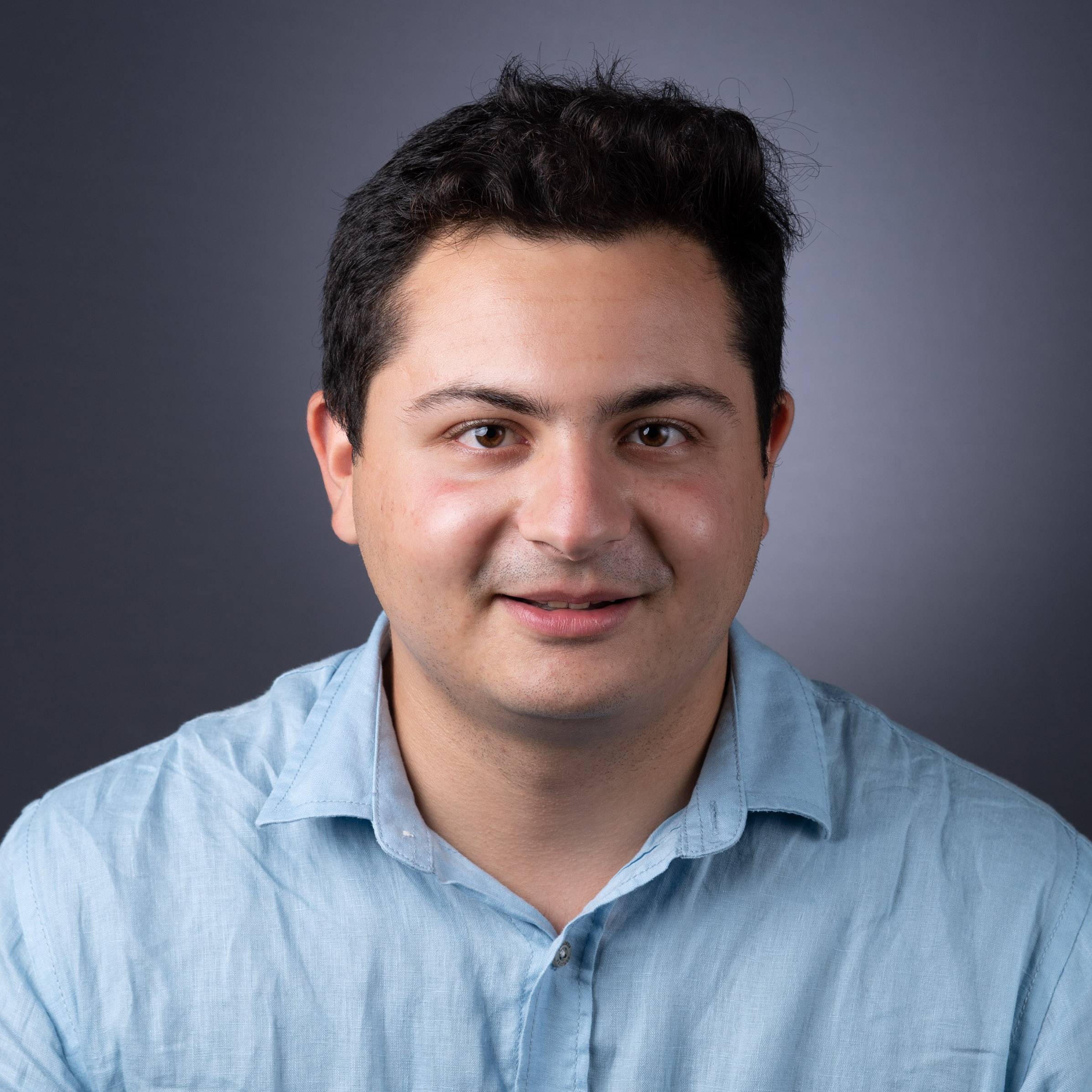
Marios Papachristou
PhD Candidate; Incoming Assistant Professor
Department of Computer Science, Cornell University
Marios is a final-year PhD candidate at the Computer Science Department at Cornell University, advised by Jon Kleinberg, and will be joining the Department of Information Systems at the W.P. Carey School of Business at Arizona State University as a tenure-track assistant professor in Fall 2025. His research interests cover both the theoretical and practical dimensions of social and information networks, investigating their functions in extensive social and information systems while also examining their wider societal impacts. He is currently funded by the Onassis Scholarship and has previously received support from a LinkedIn Ph.D. Fellowship, a grant from the A.G. Leventis Foundation, a grant from the Gerondelis Foundation, and a Cornell University Fellowship.
Kenny Peng is a PhD student in Computer Science at Cornell University, where he studies the interface between algorithmic decision-making and societal challenges. He received his undergraduate degree in mathematics from Princeton University.

Aspen K.B. Omapang
PhD Candidate
Department of Information Science, Cornell University
Aspen K.B. Omapang is a PhD candidate in the Information Science department at Cornell University. Broadly, she studies the socio-technical facets of Native Peoples legibility to the U.S. government, traditional and place-based ecological practices, and resiliency to climate events. Aspen seeks to center Kānaka Maoli (Native Hawaiian) relationality as part of her responsibility to mālama the ‘āina (care for the land). Aspen serves on the ADVANCE Resource Coordination (ARC) Network External Advisory Committee and most recently was a sociotechnical systems intern for Intel Labs. Aspen’s research is supported by the National Science Foundation’s Graduate Research Fellowship and Sloan Foundation Fellowship.
Katherine is a fourth year PhD candidate in computer science at Cornell University where she works with Jon Kleinberg and Austin Benson. Her interests span across the spectrum of graph and network science from theoretical to applied with particular interest around random graphs and online communities. She graduated from the University of Washington with bachelor degrees in Computer Science and Statistics in 2018.
Ruqing Xu is a PhD student in Economics at Cornell University. Her research is at the intersection of Economics and Computer Science. In particular, she studies the role of information in decision-making, and how to design systems that incorporate both human and algorithmic assessments. Prior to Cornell, she spent her undergraduate years at the University of Hong Kong and Yale University.

